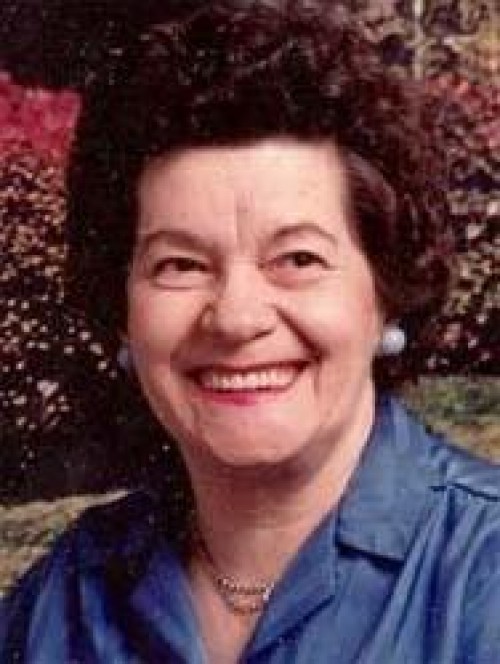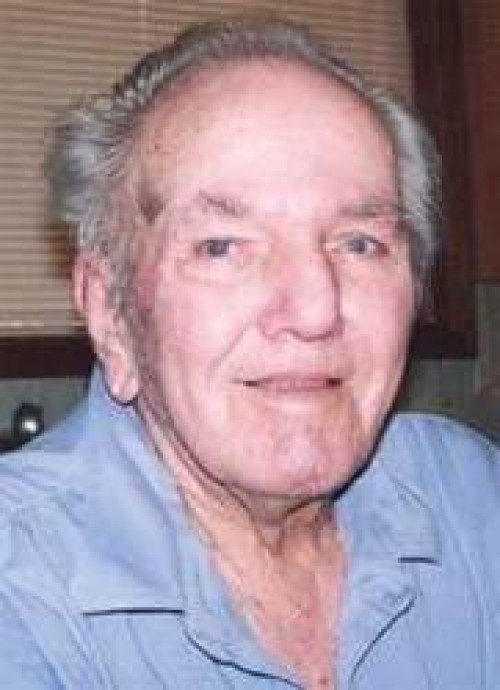
Eula Josephine Lagrange Larose
April 28, 2008
Adam "T-Dent" LaCoste
April 30, 2008The overall consensus of Pope Benedict’s first visit to the United States was very positive. Both the religious and secular media praised the pope for his pastoral approach to difficult problems in our country.
As one radio commentator put it, “The pope presented himself not as a stern disciplinarian but as a loving grandfather.” He seemed very relaxed, listening to the various representatives with an open spirit and an accepting smile. For an 81-year-old person who had just traveled from Italy with a seven-hour time differential, he seemed very energetic.
The truth is that before he arrived, not many people knew what to expect. Before he was elected head of the Catholic Church, we only knew Cardinal Ratzinger as the Vatican’s official enforcer of orthodoxy. He is not the charismatic, dramatic figure of his predecessor, Pope John Paul II. However, this was not Ratzinger’s first visit to the United States.
As Cardinal Joseph Ratzinger, he visited the U.S. several times and was impressed by the spirit he found. He was moved by the fact that a minority Catholic Church in America can be so alive in a place where separation of church and state exists.
Pope Benedict was not afraid to deal with the subject of the sexual abuse scandal in the United States. For all too long this had been the Vatican’s “elephant in the living room.” If we don’t talk about it, it will go away.
He not only met with victims of sexual abuse but apologized for the hurt caused by church personnel. He mentioned this crisis several times in his visit and tried to bring concrete healing to the American Church. He vowed to make sure that the Church would eliminate from seminarian training men with a disposition for sexual abuse. The pope said that having fewer good priests would be better than to have priests who would abuse others.
The pope was very pastoral regarding other issues where he is in disagreement with Americans. He called for a new effort to bring peace to our world without mentioning his disagreement with the Bush Administration over the pre-emptive war in Iraq. The presidents of Catholic universities said they were very sympathetic to their task of being intellectually honest to the current problems of today while maintaining their own Catholic identity.
The pope condemned abortion, speaking of “the right to life of every human being from conception to natural death.”
Again, he was hinting that the only civilized nation in the world with the death penalty should look at its stand on that and other important life-death issues. He also spoke out against any abuse of human rights.
Pope Benedict’s favorite subject of moral relativism also came up. While recognizing that in a pluralistic society everyone is free to follow their religious convictions, he emphasized that this does not mean that every religious conviction is true. We often hear people say, “All religions are the same – they are trying to get us to heaven. It does not make any difference what you believe.”
Benedict is very strong in his reply. It does make a difference. Truth is truth. We all need to find that truth.
The Holy Father visited Ground Zero and knelt down in prayer. He surprised Archbishop Alfred Hughes of New Orleans by giving him a chalice in recognition of the work the people of the diocese have done following the aftermath of hurricanes Katrina and Rita. However, he failed to recognize the other dioceses that the storm equally damaged.
The pope also noted that secularism and materialism can cause people to separate religion from life. The big question is: can we translate his visit into real change?






